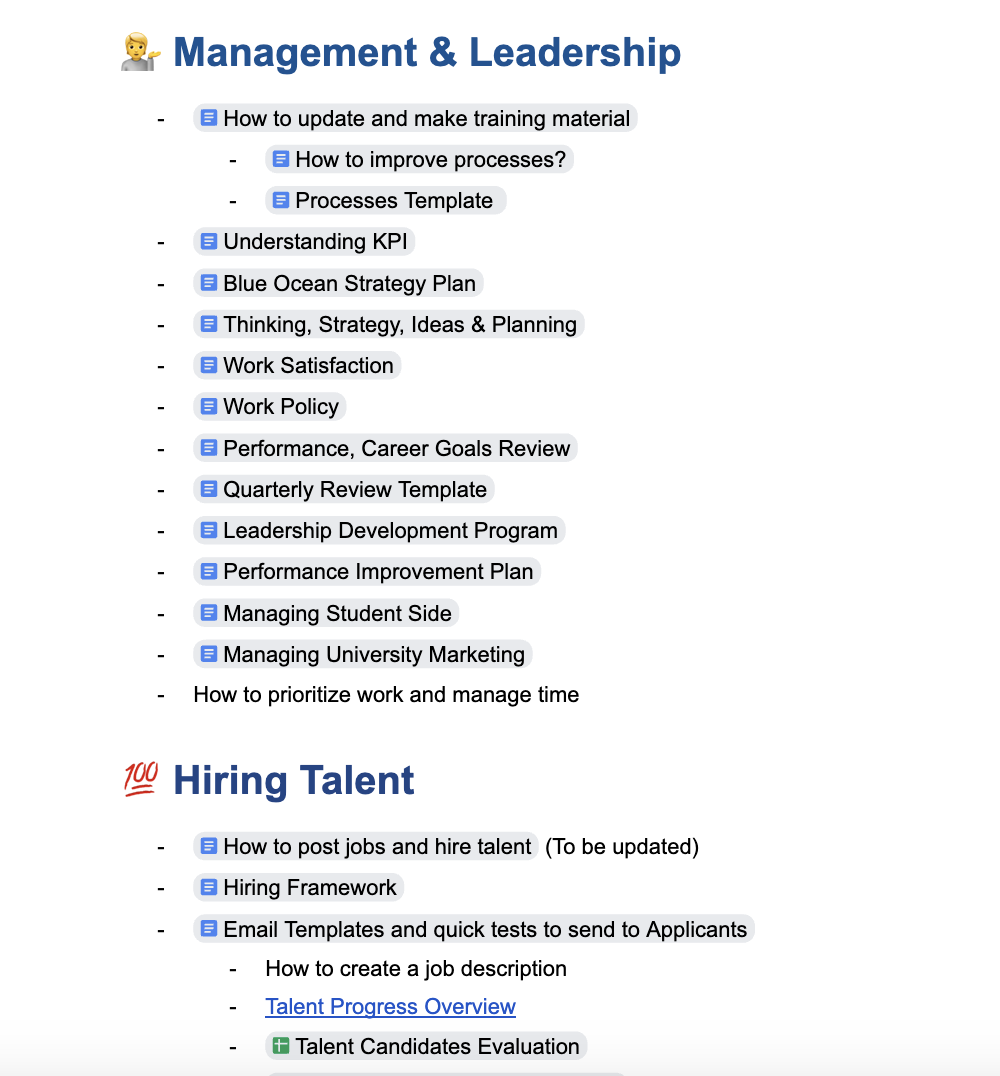Why building systems is essential to build a business
Step back
Take a photo of our systems and screenshot of the overall guide – 100,000 words or more

In the ever-evolving landscape of business, the importance of establishing robust systems cannot be overstated. Systems are the backbone of any successful organization, providing a structured way to execute business operations efficiently and consistently. Here’s why building systems is essential for any business aiming for long-term success.
1. Enhances Efficiency and Consistency
Systems streamline operations, making processes more efficient and uniform across the organization. They ensure that every task is performed consistently and to a high standard, reducing errors and variability in output. This consistency is crucial for maintaining the quality of products or services, thereby enhancing customer satisfaction and trust.
2. Facilitates Scalability
For a business to grow, it must be able to scale its operations effectively. Systems play a pivotal role in scalability by providing a clear framework that can be easily replicated and adapted as the business expands. Without systems, scaling can become chaotic and unsustainable, potentially leading to operational breakdowns and compromised service quality.
3. Improves Accountability and Transparency
Well-defined systems create clear roles and responsibilities, fostering accountability among team members. They allow for better monitoring and tracking of performance, making it easier to identify areas of success and those needing improvement. Transparency in how operations are carried out also enhances trust within the organization and with external stakeholders.
4. Enables Effective Resource Management
Systems help in optimizing the use of resources, including time, labor, and materials. By minimizing waste and redundancies, systems can lead to significant cost savings and more focused resource allocation. Effective resource management is crucial for maximizing profitability and ensuring the sustainability of the business.
5. Supports Decision Making
With systematic processes in place, businesses can gather reliable data about various aspects of their operations. This data provides valuable insights that can inform decision-making, from daily management choices to long-term strategic planning. Systems ensure that decisions are based on solid evidence rather than intuition, which can significantly enhance the outcomes.
6. Aids in Risk Management
Systems help identify potential risks in business processes and provide mechanisms to mitigate them. By having contingencies built into systems, businesses can handle unexpected events with greater agility and minimize disruptions to operations. This proactive approach to risk management is essential in maintaining the stability of the business.
7. Promotes Innovation
While systems are often associated with routine and consistency, they also provide the structure needed to foster innovation. By freeing up resources and removing inefficiencies, systems allow businesses to focus more on innovation and development. Furthermore, a systematic approach to testing and implementing new ideas can lead to more successful innovation.
8. Facilitates Training and Onboarding
A systematic approach to business operations makes training and onboarding new employees more straightforward and effective. Systems provide new hires with clear guidelines and expectations, helping them become productive more quickly. This is particularly important in maintaining quality as the business grows and hires more staff.
9. Ensures Sustainability
Long-term sustainability in business requires consistent performance, adaptability, and responsible management. Systems address all these aspects by embedding best practices into everyday operations and providing the flexibility to adapt to changes in the business environment.
10. Enhances Customer Experience
Ultimately, the efficiency and consistency brought about by systems improve the customer experience. Reliable and predictable service ensures customer satisfaction and builds loyalty, which is crucial for the success of any business.
Conclusion
Building systems within a business is not just about maintaining order or saving time; it’s about creating a foundation that supports growth, fosters innovation, and ensures long-term success. As businesses look to the future, those with robust systems in place will be better positioned to adapt to changing market dynamics and sustain their growth trajectory.